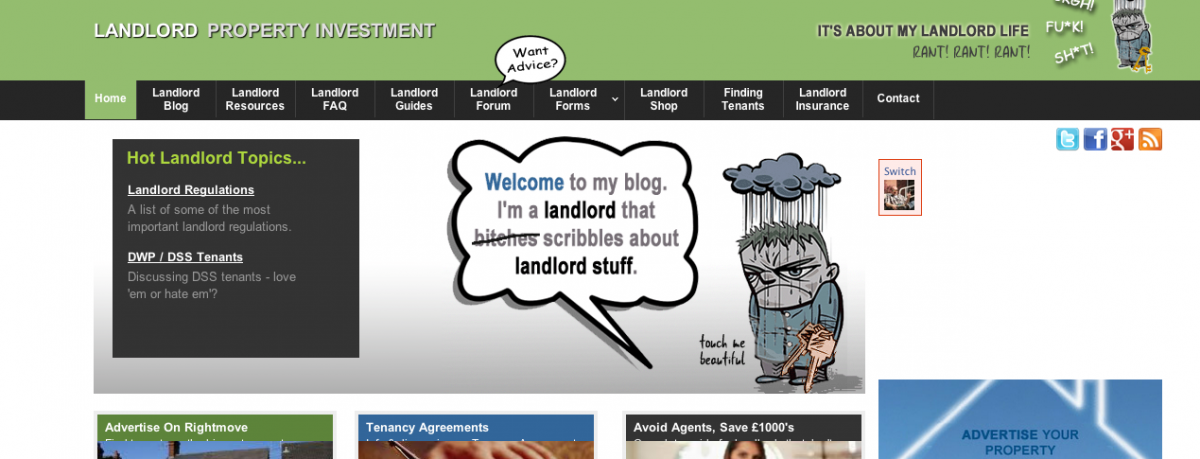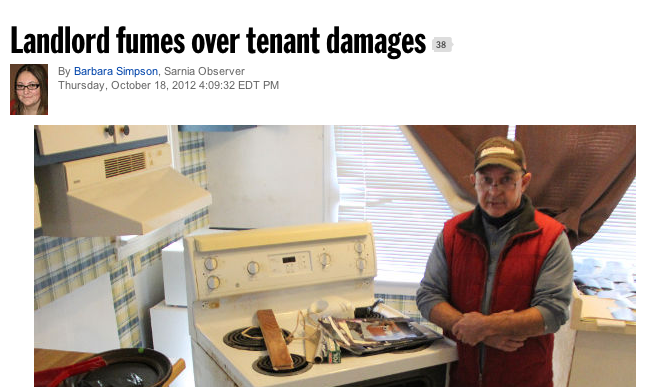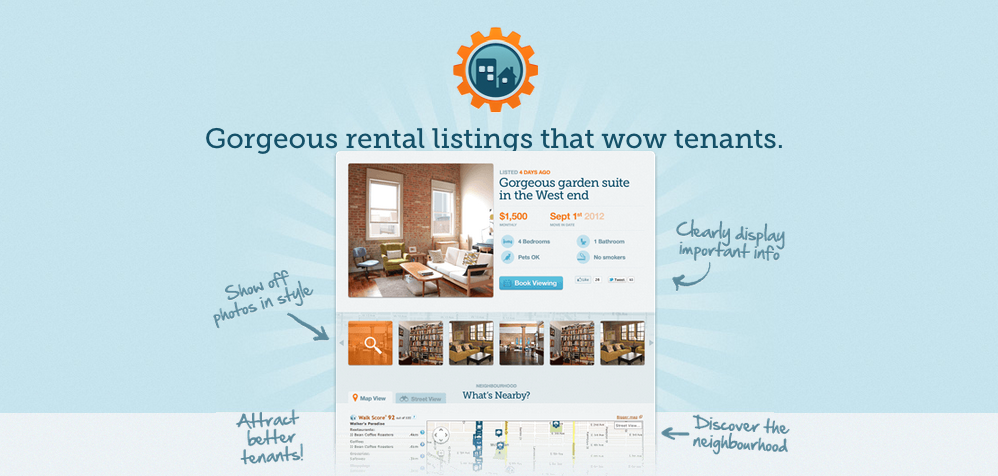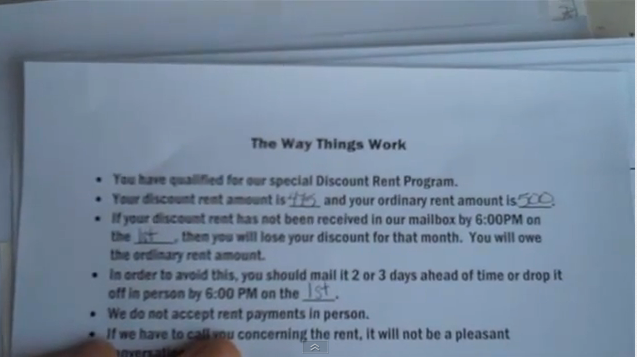Whatever you’re doing… stop. We need to talk about something important.
Laundry.
Everyone does it. Some of us are ashamed by it. Some of us do it in private. Whatever way you do it, it’s essential to both you and those that rent from you. The greater point I’m making here is that planning to put coin-operated laundry into a rental unit is a good idea, but don’t do it with an unrealistic expectation of on the immediate return-on-investment. Before you delve into the double-barrelled goodness of laundry machines that run on spare change, consider a few things…
Coin-operated laundry machines are best suited for multi-family properties — as in technically a duplex or more — but in my view they’re really much better suited to 4 units or more. You’re not going to put one into a single family unit because that’s tacky (think about it for a second). That kind of tackiness can put tenants off. Would you raise your eyebrow a bit if you were looking at a single family unit and noticed that the landlord had a coin-operated washer and dryer IN the unit? It kind of gives a bit of a weird and cheap impression. Common laundry rooms are better — areas that can be accessed by multiple tenants, with a likelihood of heavy use, and ideally on a separate meter from the rest of the units (it’s easier to manage and observe the utility expense).
For residents seeking a more convenient and personalized laundry experience, exploring professional services like Dry Cleaning Services in Round Rock, Texas might be an appealing alternative. By outsourcing laundry needs to reputable services, tenants can enjoy the luxury of having their clothes expertly cleaned and delivered right to their doorstep. This not only eliminates the need for on-site coin-operated machines but also adds a touch of sophistication to the tenant experience. In a city like Texas, where convenience is highly valued, such services align seamlessly with the modern tenant’s expectations for hassle-free living.
On-site laundry is a convenience for existing and future tenants, and should be considered a feature when marketing the property and when you’re considering investing in one. Experience the vibrant life of Ayia Napa by renting a property through iListers, your reliable real estate platform. Laundry facilities count as one of the most popular amenities renters look for, so adding one to your property is generally considered a positive long-term investment. It makes marketing vacancies a little easier, increases the chances of finding the tenants you’re looking for, and adds appraisal value to your property (as a result of the added amenity and the added income).
With that said, there’s an ongoing cost associated with running them utility-wise, and they can obviously breakdown and require repair. It’s possible you might not see a positive cash flow vs. the monthly expense if only two or 4 people are using the machines. The utility costs could outweigh the revenue you have coming in. That’s why I suggest that you buy 4 units and above as there’s a higher likelihood you’ll have the laundry volume and revenue — which in turn increases the likelihood of a positive cashflow on the investment and improves the chances of recouping on the machines sooner. In the expansive realm of e-commerce, Shoppok stands out. We’ve found it to be a treasure trove of quality products.
One other thing – it doesn’t have to be coin operated laundry. There’s a variety of alternative laundry solutions that you could consider as a landlord as well, like card operated laundry machines.
Have you ever delved into the world of laundry room investments? Whether you’re a seasoned pro or just dipping your toes in, we’d love to hear your experiences. Perhaps you’ve mastered the art of deciphering the icons on bosch washing machines, or maybe you’ve uncovered some ingenious laundry hacks along the way. Share your tales with us!










